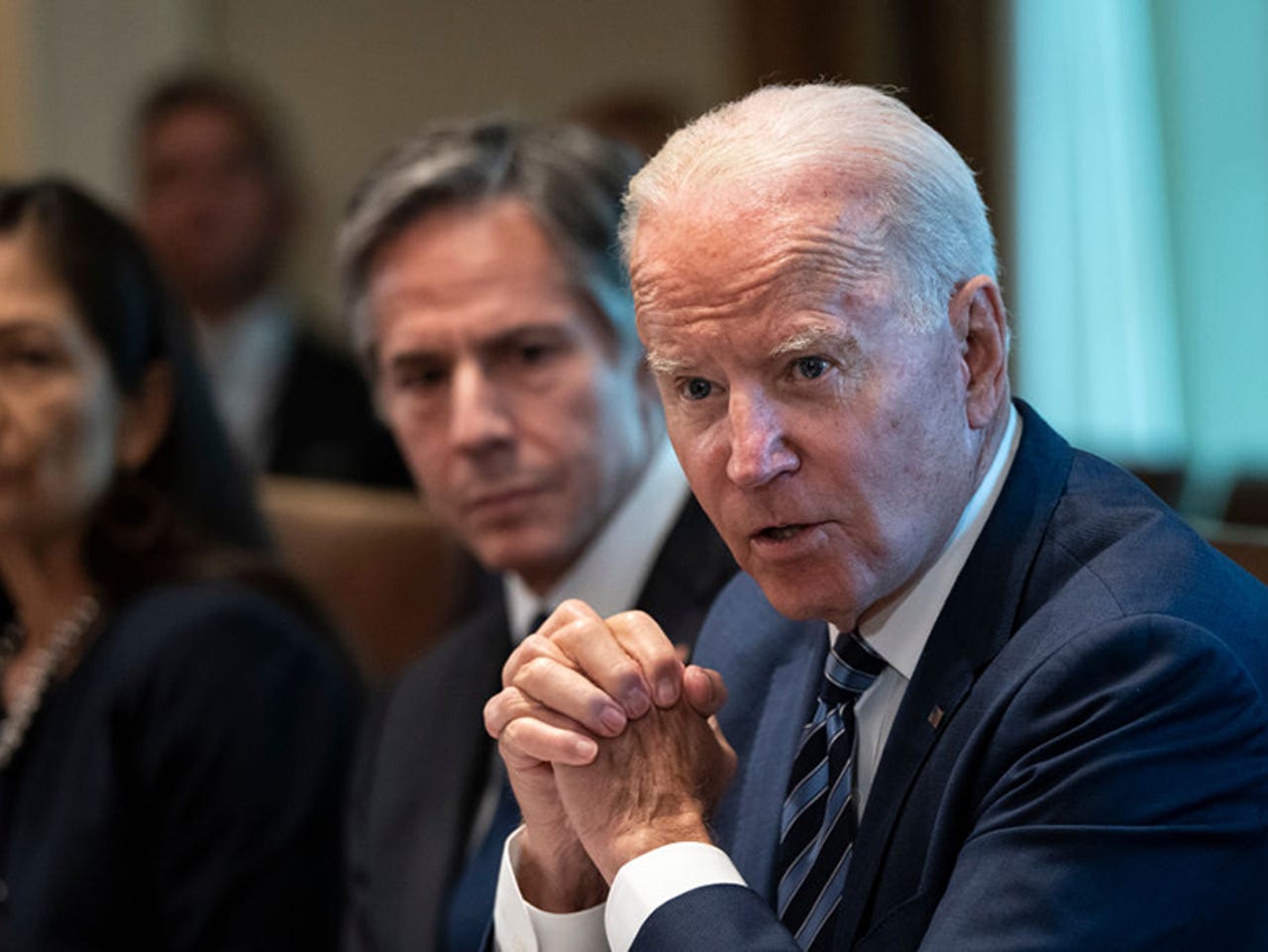Apple, Microsoft and Amazon chiefs to meet Biden over critical infrastructure cyber attacks


President Biden will meet Tim Cook, Satya Nadella, Andy Jassy and other tech chiefs at the White House to talk cybersecurity
US President Joe Biden has invited Apple CEO Tim Cook, Microsoft CEO Satya Nadella, and Amazon president and CEO Andy Jassy to the White House to discuss how the private sector can help combat ransomware and software supply chain attacks.
The forthcoming meeting, reported by Bloomberg, concerns America's resilience to major cyber attacks on critical infrastructure, which Biden has told Russian president Vladimir Putin should be "off limits".
SolarWinds Updates
In July, Biden said he believed that if US engaged in a "real shooting war" it would be in response to a major cyber attack. US government agencies and critical infrastructure providers have faced numerous ransomware and espionage attacks during the pandemic, including the SolarWinds software supply chain espionage attack, and ransomware attacks against Colonial Pipeline, Kaseya, and meat packer JBS.
Cook, Nadella, and Jassy plan to attend the event on the afternoon of Wednesday, July 24, according to Bloomberg sources.
Chiefs of Google, IBM, Southern Co, and JPMorgan Chase have also been invited to the meeting to discuss how critical infrastructure organizations in the banking, energy and water utility sectors can improve cybersecurity and collaboration with the government.
Microsoft, AWS, Cisco, FireEye and IBM are currently participating in the government-led effort to shore up US critical infrastructure as part of Biden's May cybersecurity executive order.
The rise of software supply chain attacks has European cybersecurity teams worried too, because of the difficulties in validating third-party code -- be it open-source or proprietary software.
The SolarWinds attack, which resulted in compromises at Microsoft, multiple top US cybersecurity firms, and several government agencies, highlighted the cybersecurity risks to US critical infrastructure.
The other threat comes from commonly-used enterprise software, such as Microsoft Exchange Server, which alleged Beijing-backed hackers were exploiting before Microsoft's patches were available.